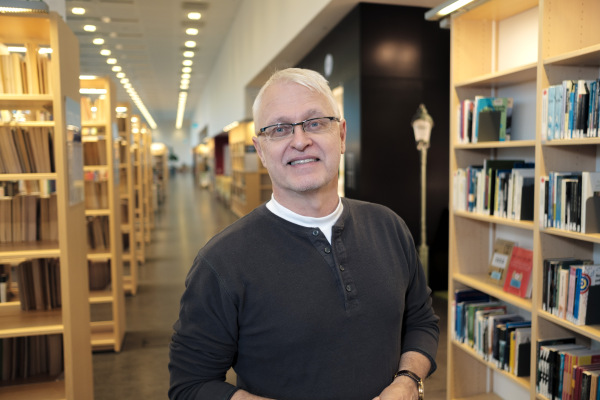A Happy New Year to all my blog readers Tired of the idea of an infallible mainstream neoclassical economics and its perpetuation of spoon-fed orthodoxy, yours truly launched this blog six years ago. The number of visitors has increased steadily, and with now having had my posts viewed more than 3 million times, I have to admit of still being — given the rather wonkish character of the blog, with posts mostly on economic theory, statistics, econometrics, theory of science and methodology — utterly astonished that so many are interested and take their time to read the often rather geeky stuff posted here. In the 21st century, the blogosphere has without any doubts become one of the greatest channels for dispersing new knowledge and information. As a
Topics:
Lars Pålsson Syll considers the following as important: Varia
This could be interesting, too:
Lars Pålsson Syll writes Late-winter blessing (personal)
Lars Pålsson Syll writes Hovern’engan
Lars Pålsson Syll writes Music that heals my soul in troubled times
Lars Pålsson Syll writes Why every researcher should blog
A Happy New Year to all my blog readers

Tired of the idea of an infallible mainstream neoclassical economics and its perpetuation of spoon-fed orthodoxy, yours truly launched this blog six years ago. The number of visitors has increased steadily, and with now having had my posts viewed more than 3 million times, I have to admit of still being — given the rather wonkish character of the blog, with posts mostly on economic theory, statistics, econometrics, theory of science and methodology — utterly astonished that so many are interested and take their time to read the often rather geeky stuff posted here.
In the 21st century, the blogosphere has without any doubts become one of the greatest channels for dispersing new knowledge and information. As a blogger, I can specialize in those particular topics an economist and professor of social science happens to have both deep knowledge of and interest in. That, of course, also means — in the modern long tail world — being able to target a segment of readers with much narrower and specialized interests than newspapers and magazines, as a rule, could aim for — and still attract quite a lot of readers.
